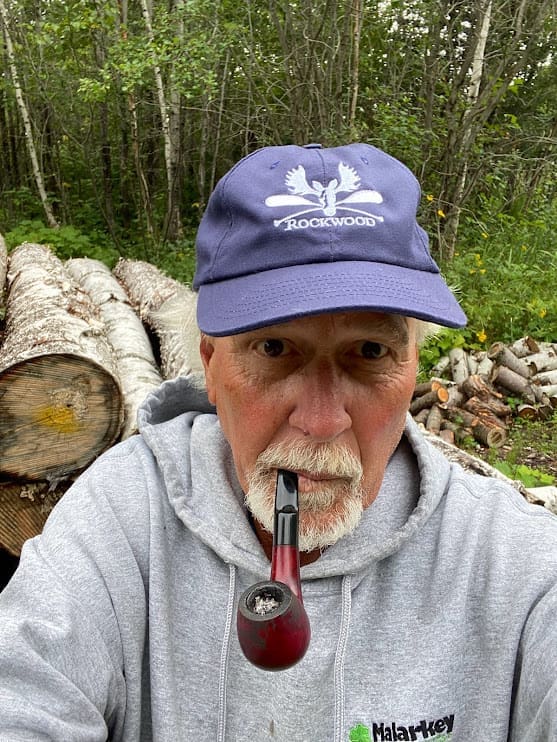Mom used to say, with obvious disdain toward whoever she directed it at, “They only worship the Almighty dollar!”
Dollars were scarce occasionally in my house, so I knew dollars were necessary but not omnipotent. We worshipped God and Lutefisk in that order. When I could, I worshipped baseball.
Doing post-high school planning, the allure of the almighty dollar became increasingly apparent. My parents, stretched to the limit supporting my older sister’s education, explained that if I wanted to attend college and defer the draft, I would need to find a way to pay for it. This marked the beginning of my own pursuit of the almighty dollar without succumbing to its worship. The folks taught me, through osmosis, I suppose, to know when enough is enough when it comes to money.
In the days following last Tuesday’s presidential election, I’ve grown tired of hearing about what the Democrats need to do to bring more voters to the table, not to mention all the post mortems about why women named Samantha, with curly brown hair, one blue eye, and one living parent, voted for Trump because they feared a Venezuelan gang taking over the subdivision.
The talking heads want the Democratic party to do a “post mortem” like the Republicans did after voters handed Mitt Romney his hat in 2012. By 2016, that analysis ended up in the dustbin as the Republican party became the Trump party.
Both parties are flashy husks of their former selves. At one time, both major political parties served a public interest role in their communities, finding candidates for office, providing organizing expertise, and rewarding loyal supporters with patronage. But by the late 1980s, the Almighty Dollar assumed the dominant role.
The influence of high-net-worth individuals in politics has led to the marginalization of ordinary citizens. Despite comprising only 7% of the population, millionaires hold more than half of US House and Senate seats. This imbalance skews political representation and severely underrepresents the average American in the halls of power.
For too long, ordinary citizens are exploited while we continue to idolize, if not worship, the millionaires and billionaires who wield power solely due to their wealth. We disregard the moral and even criminal failings of wealthy celebrities and politicians because, at our core, we are drawn more to the allure of the almighty dollar.
It’s time for a change.
Very wealthy people own major league sports franchises. They pay mercenary gladiators sums of money that no ordinary person could earn in a lifetime.
Our political system rewards them with taxpayer-funded, evermore elaborate coliseums. Meanwhile, the people who check the tickets and clean up the debris post-contest earn a relative pittance and often need public assistance to pay for food, health care, and housing.
We accept that, however.
We pay $100 or more to go to a Vikings game, dress in the finest purple garb, and stand with 70,000 others clapping hands overhead in unison while chanting SKOL, a Scandinavian word meaning “good health” or “cheers.” We consider ourselves to be an essential part of the team. So do the plutocrats who watch the value of their franchise grow astronomically over a handful of seasons as cash is sucked from our pockets.
There are myriad ways for wealthy elite to fund political candidates and causes they support, from so-called dark money to the Supreme Court’s bizarre decision that corporations are people entitled to a free speech right that puts minimal constraints on contributions.
Timothy Mellon, heir to the Mellon banking fortune, made the largest individual political contribution in 2020, donating $10 million to the Republican National Committee. This is just one example of how the wealthy elite can significantly influence political campaigns and party agendas through their financial contributions.
Is it any wonder that the major political parties, which require ever-larger sums of money to stay irrelevant, cater to a wealthy, celebrity elite and view ordinary folks as mere baubles to make democracy look, well, democratic?
Small donor lists, often touted by political candidates as a sign of their grassroots support, are essentially window-dressing to make the candidates appear as ‘one of the people ‘. In reality, these small donors, who contribute modest amounts to political campaigns, hold no sway on policy compared to the elite, whose substantial contributions significantly shape the political landscape.
Not enough people see worshipping the almighty dollar as immoral and damaging like Mom did. Yet, big money has left our entire political system morally and ethically bankrupt.



